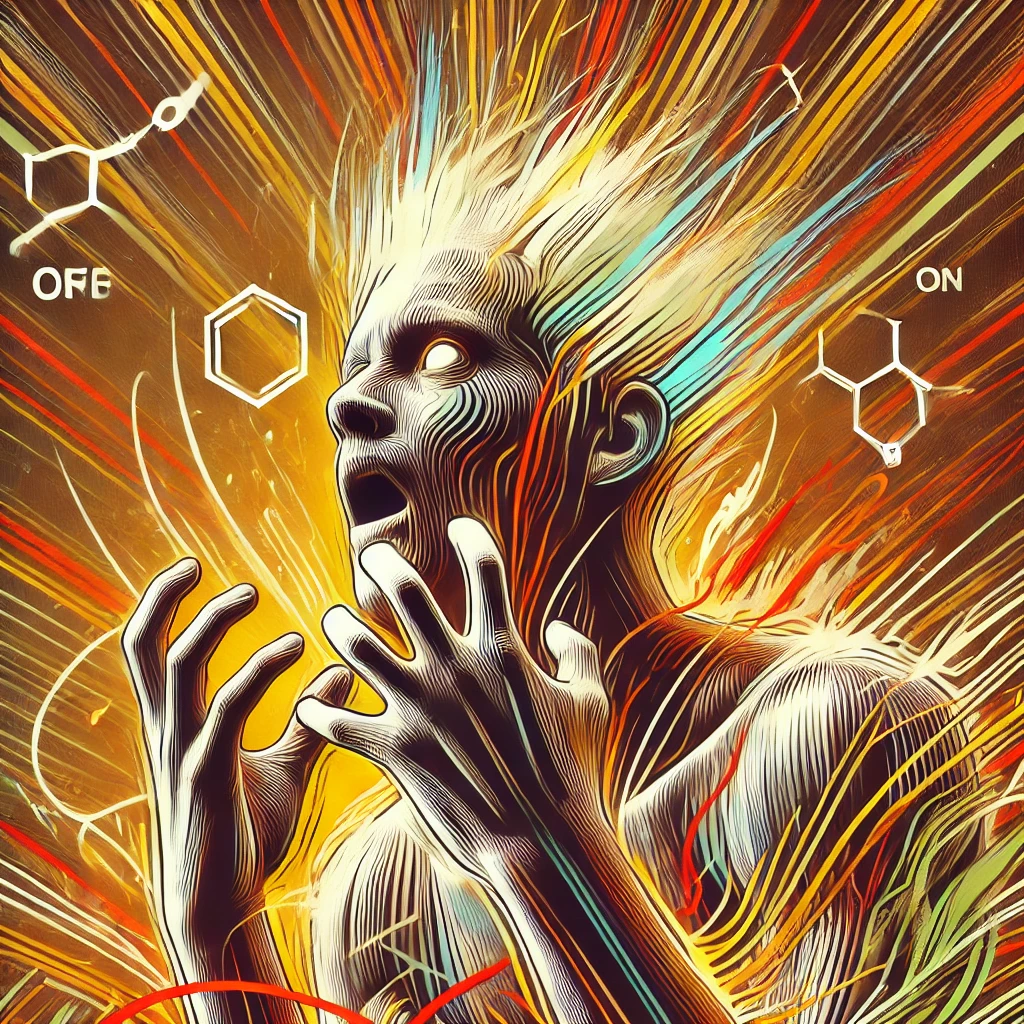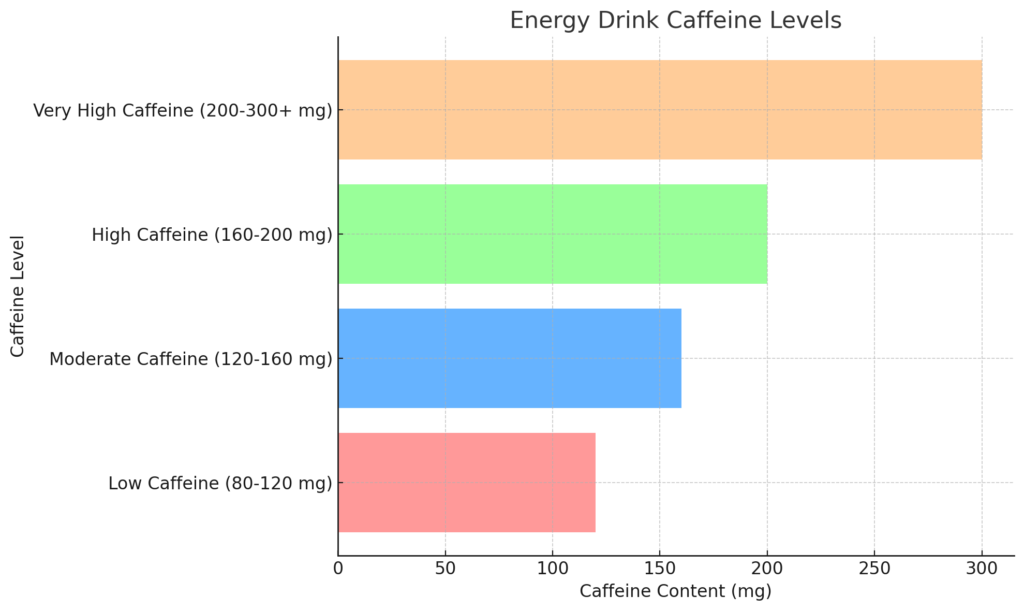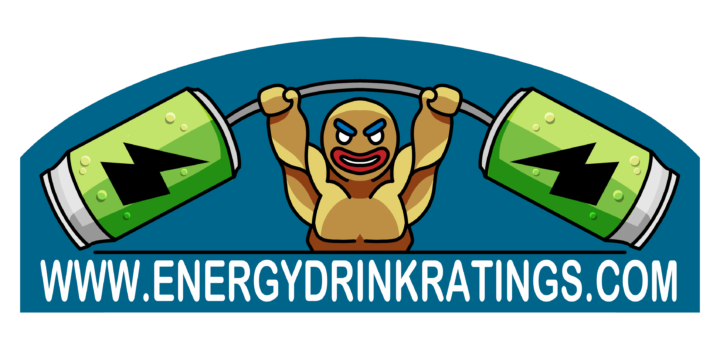Ever wondered how much caffeine you’re actually getting from your favorite energy drink? Caffeine is a key ingredient in energy drinks, giving you that quick boost of energy and alertness. But not all energy drinks are created equal when it comes to caffeine content. Let’s dive into the world of caffeine and compare the levels across 20 popular energy drink brands.
Caffeine is a natural stimulant found in over 60 plant species, including coffee beans, tea leaves, cacao pods, and kola nuts. It’s most famous for being the key ingredient in coffee and tea, but you can also find it in soft drinks, energy drinks, and certain medications.
Caffeine works by stimulating your central nervous system, which is like the body’s main communication highway. Here’s a rundown of how it works:


1. Blocks Adenosine: Adenosine is a chemical in your brain that makes you feel sleepy. Caffeine blocks adenosine from doing its job, which keeps you feeling awake and alert.
2. Boosts Neurotransmitters: Caffeine increases the release of neurotransmitters like dopamine and norepinephrine. These chemicals improve mood, focus, and energy.
3. Enhances Physical Performance: By stimulating the nervous system, caffeine can also improve physical performance. It helps break down body fat and makes it available as fuel, which is great for endurance sports.
Here’s a look at some common sources of caffeine and how much they typically contain:
· Coffee: An average 8-ounce cup of coffee contains about 95 mg of caffeine.
· Tea: An 8-ounce cup of black tea has around 47 mg of caffeine, while green tea has about 28 mg.
· Soft Drinks: A 12-ounce can of cola has about 34 mg of caffeine.
· Energy Drinks: These vary widely, but a typical 16-ounce energy drink contains around 160 mg of caffeine and can go up to 300mg.
· Chocolate: An ounce of dark chocolate has about 24 mg of caffeine.
· Medications: Some over-the-counter pain relievers and cold medications contain caffeine.
Caffeine has several benefits when consumed in moderation. Caffeine helps you stay awake and focused, which is why so many people start their day with a cup of coffee. It can make you feel happier by boosting certain brain chemicals like dopamine.
Caffeine improves concentration, memory, and overall cognitive function. Athletes often use caffeine to improve endurance and reduce perceived effort during workouts.
While caffeine has many benefits, it’s important to consume it in moderation. Too much caffeine can lead to some not-so-fun side effects.
High doses of caffeine can make you feel jittery and anxious.

Drinking caffeine late in the day can disrupt your sleep. Some people may experience stomach discomfort or acid reflux from too much caffeine. Regular use of caffeine can lead to dependence and addiction. You might experience withdrawal symptoms like headaches, fatigue, and irritability if you suddenly stop consuming it.
The FDA suggests that up to 400 mg of caffeine per day is generally safe for most adults. That’s roughly the amount in four 8-ounce cups of coffee. However, everyone’s tolerance to caffeine can vary. Some people can handle more, while others are much more sensitive

Here are some tips to help you manage your caffeine intake:
1. Know Your Limits: Pay attention to how your body responds to caffeine and adjust your intake accordingly.
2. Avoid Late-Day Caffeine: Try to avoid caffeine in the afternoon and evening to ensure it doesn’t interfere with your sleep.
3. Read Labels: Check the caffeine content in beverages and medications to keep track of your intake.
4. Opt for Decaf: If you enjoy the taste of coffee or tea but want to limit caffeine, go for decaffeinated options.
Now, let’s take a look at the caffeine content in some of the most popular energy drinks on the market.
Red Bull – 80 mg per 8.4 fl oz can Red Bull is one of the most well-known energy drinks. With 80 mg of caffeine per can, it provides a decent boost without going overboard.
Monster Energy – 160 mg per 16 fl oz can Monster packs a punch with 160 mg of caffeine per can. It’s a favorite among those who need a strong boost.
Rockstar Energy – 160 mg per 16 fl oz can Similar to Monster, Rockstar also contains 160 mg of caffeine per can, making it another powerful option.
Bang Energy – 300 mg per 16 fl oz can Bang Energy is for serious caffeine lovers. With a whopping 300 mg per can, it’s one of the strongest energy drinks available.
5-hour Energy – 200 mg per 2 fl oz shot This tiny shot packs a big punch. With 200 mg of caffeine in just 2 fl oz, it’s designed for quick consumption and rapid energy boost.
Celsius – 200 mg per 12 fl oz can Celsius not only boosts energy but also claims to support metabolism and weight loss. It contains 200 mg of caffeine per can.
Reign Total Body Fuel – 300 mg per 16 fl oz can Reign is another heavy hitter with 300 mg of caffeine per can. It’s targeted at fitness enthusiasts looking for an extra boost.
NOS Energy Drink – 160 mg per 16 fl oz can NOS is designed to provide high performance with its 160 mg of caffeine per can.
Zevia Energy – 120 mg per 12 fl oz can Zevia offers a more natural approach with 120 mg of caffeine per can and no artificial sweeteners.
Full Throttle – 160 mg per 16 fl oz can Full Throttle delivers 160 mg of caffeine per can, offering a robust energy boost.
AMP Energy – 142 mg per 16 fl oz can AMP Energy, a product of Mountain Dew, contains 142 mg of caffeine per can.
VPX Redline Xtreme – 316 mg per 8 fl oz bottle VPX Redline Xtreme is another highly caffeinated drink with 316 mg per bottle.
Spike Hardcore Energy – 350 mg per 16 fl oz can Spike Hardcore Energy is one of the strongest energy drinks with 350 mg of caffeine per can.
Xtend Energy – 125 mg per 16 fl oz can Xtend Energy combines energy with amino acids and has 125 mg of caffeine per can.
MTN DEW Kickstart – 90 mg per 16 fl oz can MTN DEW Kickstart offers a lighter option with 90 mg of caffeine per can.
V8 +Energy – 80 mg per 8 fl oz can V8 +Energy provides a vegetable and fruit-based alternative with 80 mg of caffeine per can.
Advocare Spark – 120 mg per 8 fl oz Advocare Spark is a powder mix with 120 mg of caffeine per serving.
Guru Organic Energy – 100 mg per 8.4 fl oz can Guru offers an organic option with 100 mg of caffeine per can.
HiBall Energy – 160 mg per 16 fl oz can HiBall is known for its clean ingredients and contains 160 mg of caffeine per can.
EBOOST Super Fuel – 110 mg per 12 fl oz can EBOOST combines energy with vitamins and minerals, providing 110 mg of caffeine per can.
When comparing these energy drinks, it’s clear that the caffeine content varies widely. Here’s a quick comparison:
· Low Caffeine (80-120 mg): Red Bull, V8 +Energy, Zevia Energy, Guru Organic Energy, Advocare Spark, EBOOST Super Fuel.
· Moderate Caffeine (120-160 mg): Monster Energy, Rockstar Energy, NOS Energy Drink, Full Throttle, HiBall Energy, Xtend Energy, AMP Energy.
· High Caffeine (160-200 mg): Celsius, 5-hour Energy.
· Very High Caffeine (200-300+ mg): Bang Energy, Reign Total Body Fuel, 1st Phorm, VPX Redline Xtreme, Spike Hardcore Energy.

The FDA recommends a maximum daily caffeine intake of 400 mg for most adults. Consuming more than this can lead to side effects like insomnia, nervousness, restlessness, and a rapid heart rate. It’s important to be mindful of how much caffeine you’re consuming, especially if you’re drinking multiple energy drinks in a day.
Caffeine is a powerful tool that can help you stay alert and energized, but it’s important to use it wisely. With such a wide range of caffeine levels in energy drinks, there’s something for everyone. By understanding how much caffeine is in your favorite drink and choosing wisely, you can enjoy the benefits of caffeine without the risks.
References
1. FDA on Caffeine
2. Healthline on Caffeine Content 3. Mayo Clinic on Caffeine Intake
By staying informed and making smart choices, you can enjoy your energy drinks and keep that energy flowing!

